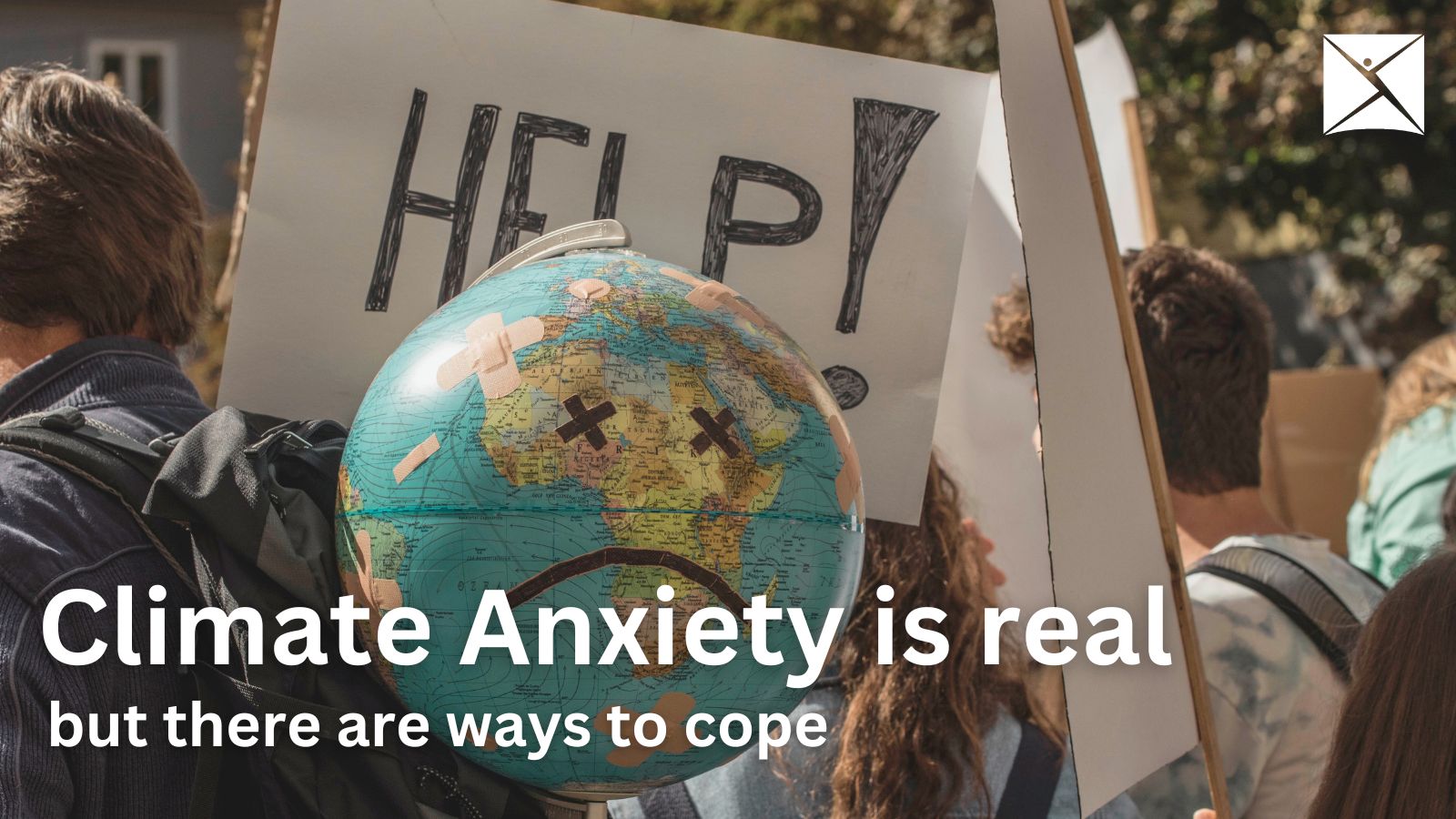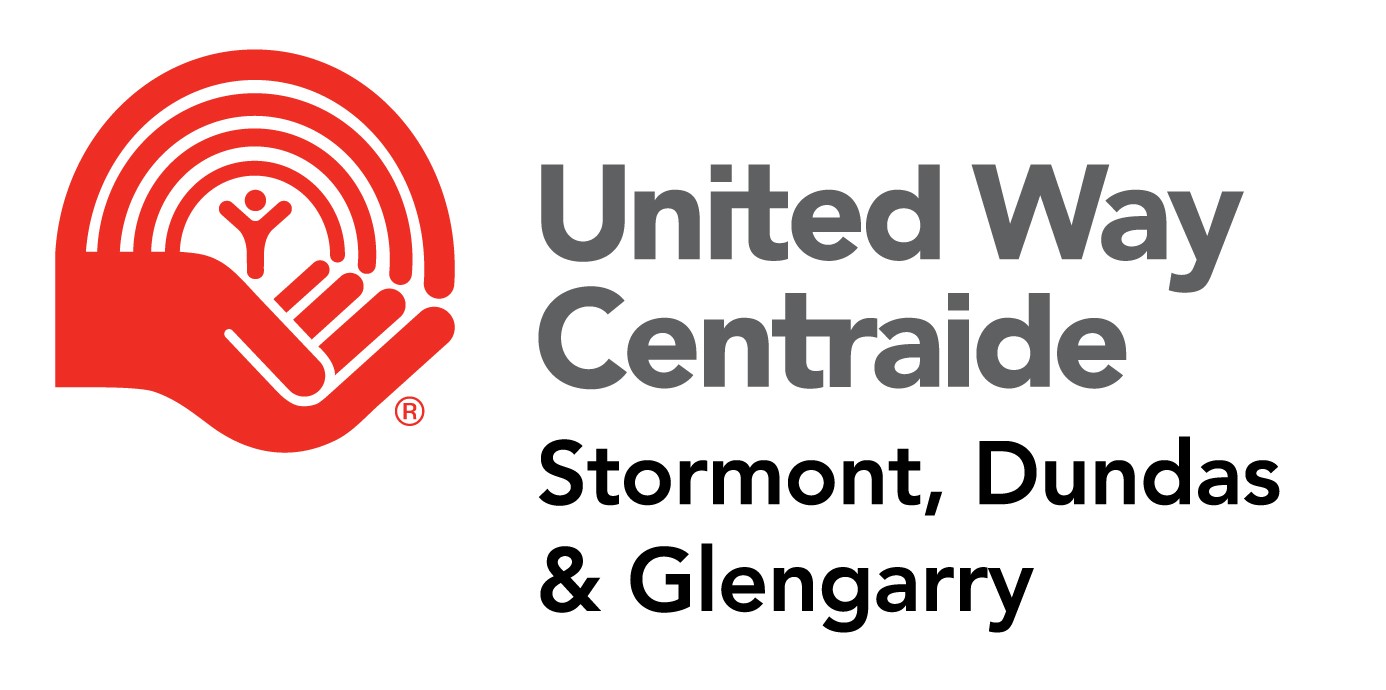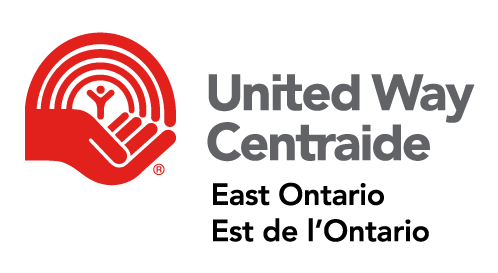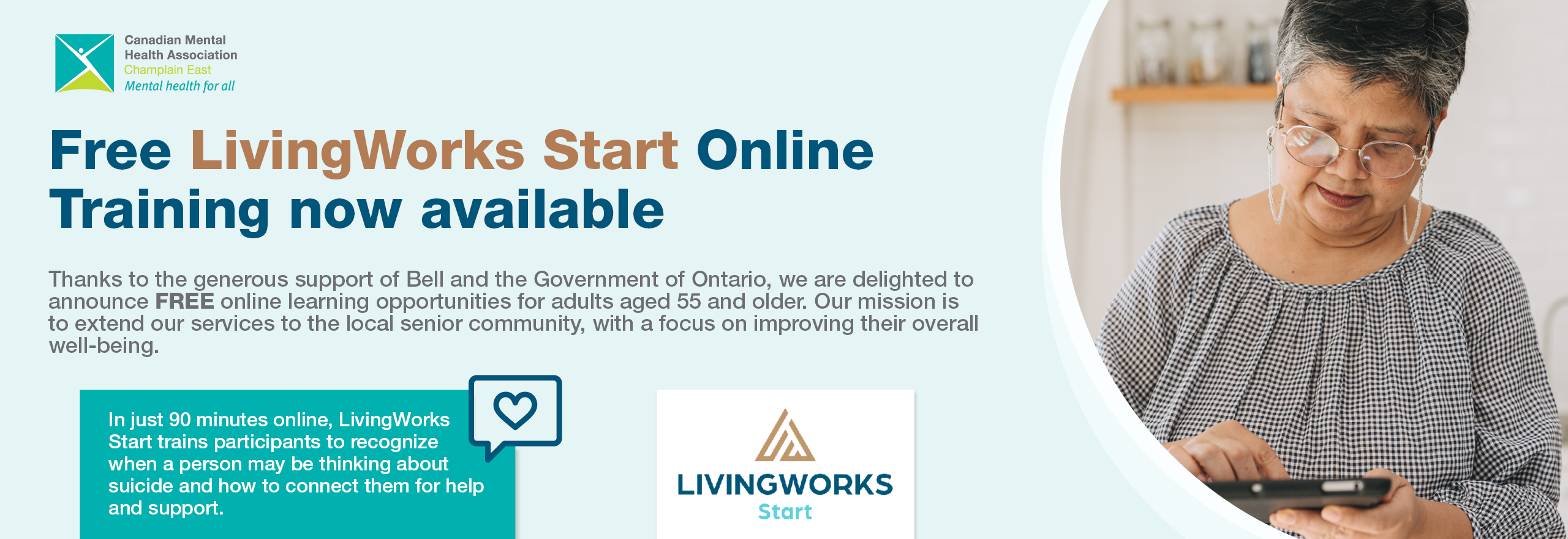
Understanding and Coping with Climate Anxiety
The growing Climate Crisis is having a profound impact on people’s mental health in the form of climate anxiety. Each day, more stories emerge about the effects of climate change. You are not alone if you struggle with anger, frustration, hopelessness or fear when being inundated by these messages.
A recent worldwide survey of more than 10,000 people aged 16-25 found that fear and uncertainty caused by the changing climate is a growing concern.[1]
Of those surveyed:
84% were moderately worried about climate change
59% were extremely worried
45% said that feelings about climate change negatively impacted their ability to function daily.
Read more ...
Visit www.32auctions.com between April 8th and May 8th and support CMHA Champlain East in our fundraising efforts.

Don't forget to join us on May 8th at Au Vieux Duluth restaurant for our 5th annual Dinner Fundraiser.
Proceeds from both the auction and the dinner will directly benefit CMHA Champlain East.

LivingWorks Start
Learn life-saving skills anytime, anywhere. In just 90 minutes online, LivingWorks Start teaches trainees to recognize when someone is thinking about suicide and connect them to help and support.
CMHA Champlain East is providing complimentary* (Free) LivingWorks Start online suicide prevention training; sponsored by the Suicide Prevention Coalition Champlain East. Here is the link for more details: LivingWorks Start information. This online training is currently only available in English. This is a beginners suicide prevention training intended for those that have not taken the safeTALK or ASIST.
Please e-mail This email address is being protected from spambots. You need JavaScript enabled to view it. full name and email address should you be interested. The training will be sent directly from LivingWorks.
* First come first serve, while quantities last.




 FR
FR 








